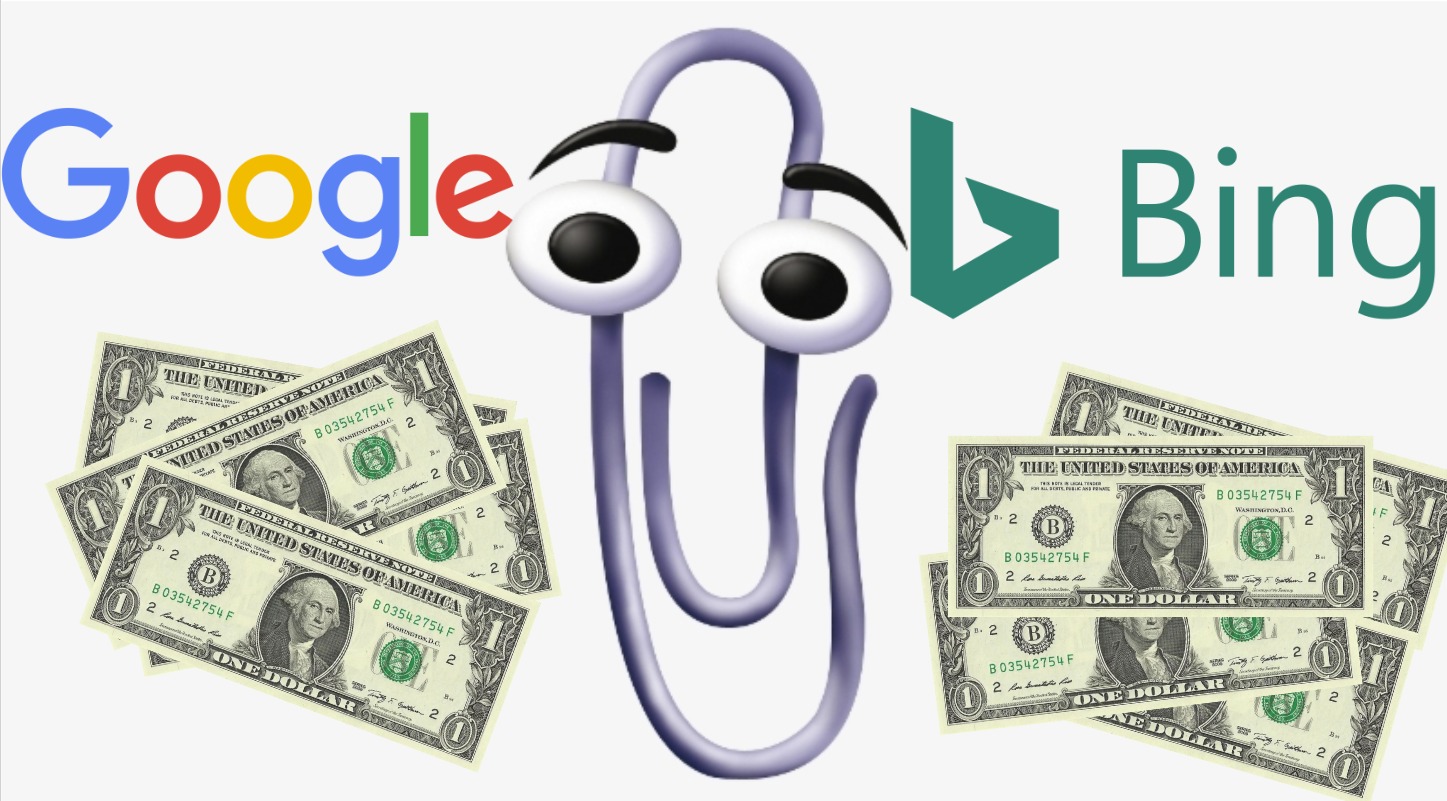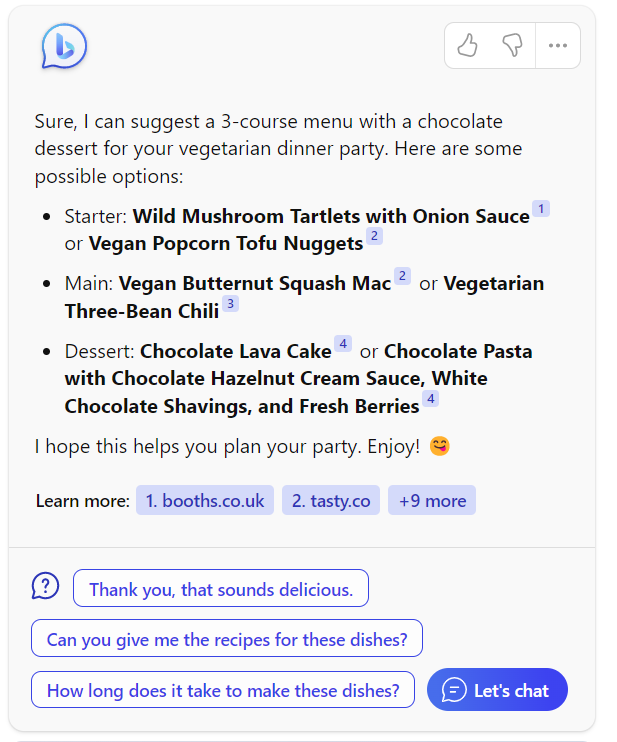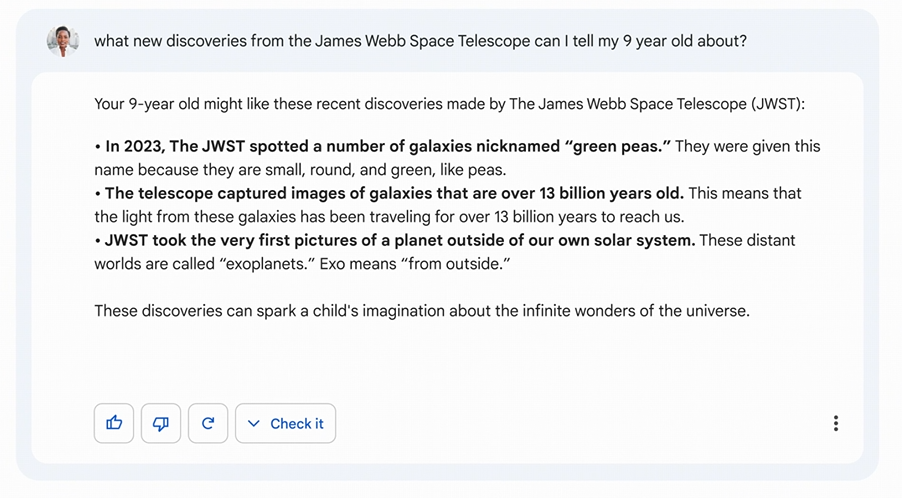ChatGPT and New Web Economics
Tech ·
Ever since the web was invented, a large portion of it in essence is powered by ads. No one wants to pay just visit a website, and ads so far is the only way for the majority of websites to make money. The advent of ChatGPT might change how web economics work. Just this week, Microsoft has begun it’s integration of ChatGPT into Bing. Google similarly has made announcements to integrate it’s ‘chat ai’ Bard into it’s search engine. Here are pictures of both of it in action.


Notice how in both examples, there is no need for users to click on the website. I am sure Google and Microsoft will think of a way to insert ads to monetize this feature. But such features would mean that users are less likely to click on websites. ChatGPT is trained on the large part of the ad supported internet and now it’s able to process information from websites. There would certainly be a huge problem for the economics of the internet because websites will generate much less revenue. There will still be ads but the money will go to Microsoft and Google. Not the poor content creators who ‘trained’ the AI and actually produced the content summarized by the AI.
I see a few possibilities on how this might pan out.
-
The decline of the internet. People would have much less incentive to put content online because there is little profit to be made.
-
Follow the ‘youtube’ model where content creators are somehow paid when content is used by the Google or Bing. This is extremely difficult to do unless Google or Microsoft create a platform for content creators to host their websites and get paid.
-
Government regulation. This is tricky to do, just like how it’s almost impossible to make big tech to pay news sites when news is shown on their platform.
-
These ‘AI tools’ increases productivity of content creators which allow them to generate more content with less effort hence still allowing them to earn same amount of profit. (This is the ideal but also utopian. I believe these tools would reduce the effort to produce content but not generate more profit because more content does not mean more profit.)
I do suspect in the end, point 1 would be the most likely to happen. In the long run we might see that the quality of content on the internet decreases which would result in lower quality of ‘new training data’ for these AI tools to be trained on.
